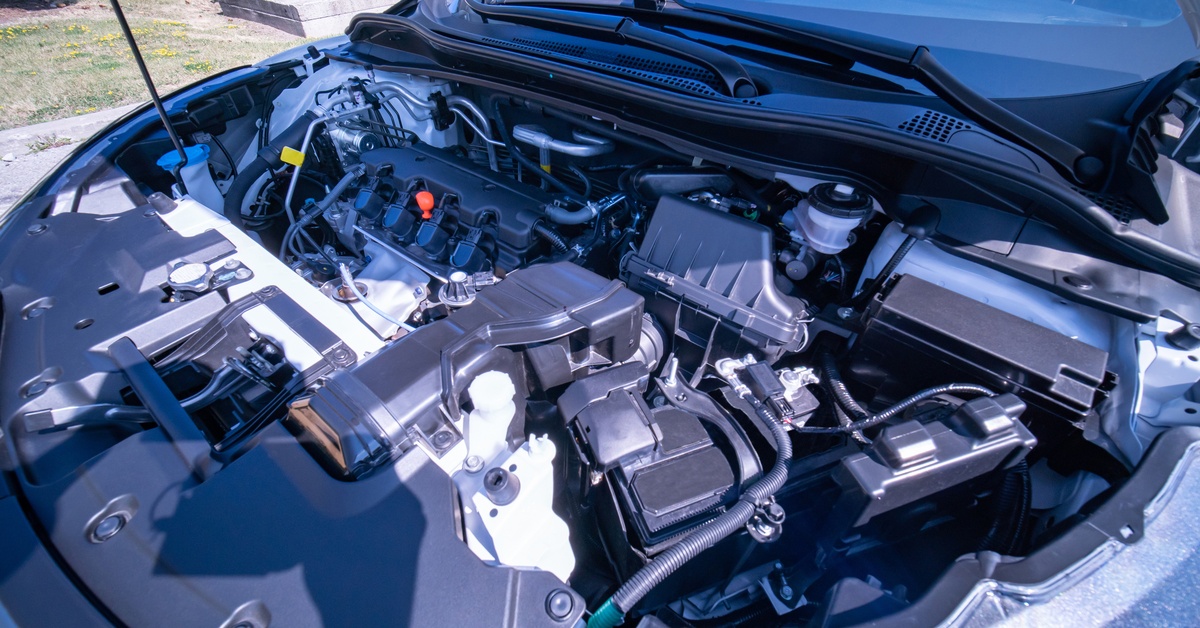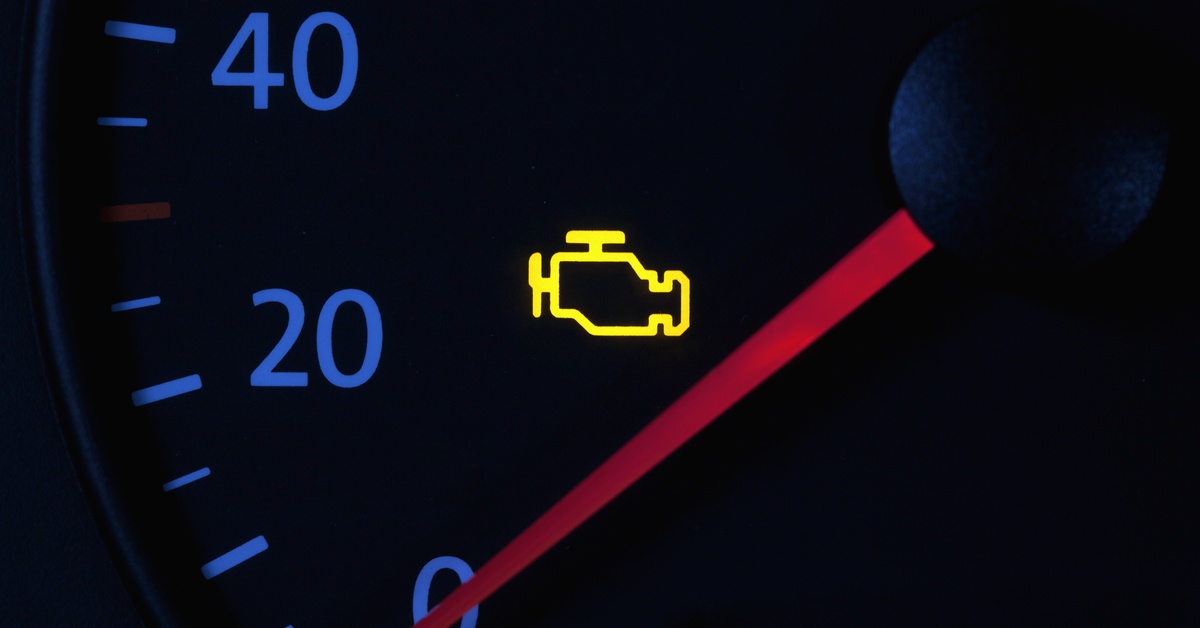Modern Toyota vehicles rely on dozens of systems to manage everything from fuel injection timing to collision avoidance. Investing in the proper diagnostic tools for your vehicle can monitor these systems and possibly prevent severe breakdowns and costly repairs when you least expect it. Keep your Toyota running smoothly by learning the features and benefits of Denso Sensors from our specialists at the Yota Shop.
What Are Denso Sensors?
Denso Corporation makes original equipment manufacturer (OEM) parts that Toyota installs directly in its vehicles during production. When you choose Denso sensors for your Toyota, you select the same quality and precision that Toyota engineers specify for new vehicles.
Denso engineers automotive sensors that constantly monitor various engine parameters, transmission functions, and safety systems. Each sensor collects data and transmits this information to your vehicle’s engine control module (ECM) or other control units. The ECM processes this data and makes real-time adjustments to optimize performance, efficiency, and safety.
Types of Denso Sensors Used in Toyota Vehicles

Toyota incorporates various Denso sensors throughout its vehicle lineup to monitor different systems and functions. Recognize how each of these sensors identifies potential issues before they become major problems to determine the type of maintenance necessary for your vehicle.
Oxygen Sensors
Denso oxygen sensors monitor the amount of oxygen in your Toyota’s exhaust gases. These sensors directly impact your vehicle’s emissions output and fuel efficiency. Toyota vehicles typically contain multiple oxygen sensors positioned before and after the catalytic converter.
A properly functioning oxygen sensor enables your Toyota to achieve the precise air-fuel ratio for clean combustion. When these sensors fail, your vehicle may experience reduced fuel economy, increased emissions, and poor engine performance. As a solution, Denso oxygen sensors feature advanced zirconia or titania technology that provides accurate readings across various operating temperatures.
Mass Air Flow (MAF) Sensors
The mass air flow sensor measures the volume and density of air entering your Toyota’s engine. Denso MAF sensors use hot-wire or hot-film technology to detect airflow changes and determine the data to calculate the correct fuel injection quantity.
Your Toyota’s engine relies on accurate MAF sensor readings to maintain proper combustion across all driving conditions.
Crankshaft Position Sensors
Denso crankshaft position sensors monitor the rotational speed and position of your Toyota’s crankshaft. The ECM uses this information to control ignition timing and fuel injection timing.
Accurate crankshaft position data allows your Toyota’s engine to fire each cylinder at precisely the right moment. Denso designs these sensors to withstand extreme temperatures and vibrations in the engine bay. The sturdy construction offers reliable operation throughout your vehicle’s service life.
Camshaft Position Sensors
The camshaft position sensor works alongside the crankshaft position sensor to provide complete engine timing information. Denso camshaft position sensors monitor the rotational position of the camshaft, which controls valve operation. The ECM uses this data to track valve timing and coordinate with variable valve timing systems.
Modern Toyota engines often feature variable valve timing technology that requires precise camshaft position data. Denso camshaft position sensors deliver the accuracy for these advanced systems to function properly.
ABS Wheel Speed Sensors
Denso ABS wheel speed sensors monitor the rotational speed of each wheel on your Toyota vehicle. The anti-lock braking system (ABS) control module uses this data to prevent wheel lockup when you brake hard and suddenly. These sensors also provide input for traction control and vehicle stability systems.
Each Denso ABS sensor generates electrical signals proportional to wheel speed. The ABS control module compares readings from all four wheels to detect potential lockup conditions. When the system detects a wheel beginning to lock, it modulates brake pressure to provide adequate stopping power and vehicle control.
Knock Sensors
Denso knock sensors detect engine knock or ping caused by premature fuel ignition. These sensors convert mechanical vibrations into electrical signals that the ECM monitors. When knock detection occurs, the ECM retards ignition timing to prevent engine damage.
Engine knock can cause severe internal damage, so Denso sensors are invaluable because they allow the ECM to make immediate adjustments.
Benefits of Using Denso Sensors in Your Toyota

Choosing Denso sensors for your Toyota vehicle keeps your systems running smoothly for long-term support. These benefits stem from Denso’s extensive experience as Toyota’s OEM supplier and the brand’s commitment to automotive excellence.
Improved Engine Performance
Denso sensors deliver the precise data your Toyota’s ECM needs to optimize engine performance. The advanced technology in Denso sensors provides faster response times and greater accuracy than other aftermarket options. This improved performance translates to better acceleration, smoother idle, and more consistent power delivery throughout your Toyota’s operating range.
Enhanced Fuel Efficiency
Properly functioning Denso sensors help your Toyota achieve optimal fuel economy by securing accurate air-fuel mixture control. Oxygen sensors and MAF sensors work together to provide the ECM with comprehensive combustion data. As an additional benefit, the improved fuel economy often offsets the cost of quality sensor replacement.
Reliability and Longevity
Denso manufactures sensors to meet Toyota’s stringent quality standards and durability requirements. These sensors undergo extensive testing for reliable operation. The high-quality materials in Denso sensors provide extended service life for many Toyota vehicles.
Precise Diagnostics
Denso sensors enable your Toyota’s onboard diagnostic system to pinpoint problems with greater accuracy. This precision reduces diagnostic time and mitigates unnecessary parts replacement, saving you both time and money.
How To Identify a Faulty Sensor
Recognizing the symptoms of sensor failure helps you address problems before they cause additional damage to your Toyota vehicle. Most sensor failures produce noticeable symptoms that alert you to issues, so schedule maintenance immediately when you discover problems with your Toyota’s systems.
Check Engine Light
Your vehicle’s onboard diagnostic system monitors sensor readings continuously and illuminates the check engine light when readings fall outside acceptable parameters. Ignoring a check engine light can lead to more severe engine problems and increased repair costs. When this light appears, schedule diagnostic testing to determine the specific cause.
Poor Fuel Economy
Sudden decreases in fuel economy often indicate failing sensors, particularly oxygen sensors or MAF sensors. Faulty sensors provide incorrect data to the ECM, causing the engine management system to operate inefficiently. Significant decreases in fuel efficiency warrant immediate diagnostic attention to identify and replace failing sensors before additional problems develop.
Rough Idling
Rough idle can result from faulty crankshaft position sensors, camshaft position sensors, or MAF sensors. When sensor readings become erratic or inaccurate, the engine may idle roughly or inconsistently.
Rough idling can also cause increased emissions and potential catalytic converter damage over time. Address rough idle conditions promptly by having your Toyota’s sensors tested and replaced with genuine Denso components.
If you’re ready to upgrade your vehicle or replace one of your faulty sensors with Denso auto parts, browse our catalog of components at the Yota Shop! We provide a variety of Denso products compatible with Toyota vehicles, so you can worry less about maintenance and focus more on enjoying each drive. To learn more about our Denso collection, explore our website and reach out with questions.

